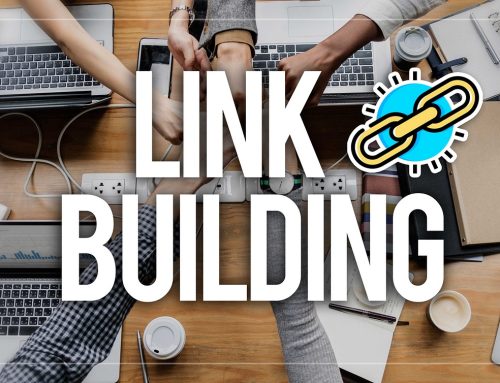Apple has rolled out an update to its Health app with the latest version of the iOS network, iOS 11.3, to facilitate access to medical data from their smartphone in conjunction to multiple providers. This will make the record more complete without information or assessments and diagnoses falling through the cracks. In a very real sense, Apple completes you!
Apple’s approach to Health Records is based on Fast Healthcare Interoperability Resources (FHIR), a standard for transferring electronic medical records. The Health Records data is encrypted and protected with the user’s iPhone passcode, according to a company press release.
According to Jeff Williams, the COO of Apple:
“We’ve worked closely with the health community to create an experience everyone has wanted for years — to view medical records easily and securely right on your iPhone,” said Jeff Williams, Apple COO said in a company statement. “By empowering customers to see their overall health, we hope to help consumers better understand their health and help them lead healthier lives.”
The health systems slated for the beta test include:
- Cedars-Sinai – Los Angeles, California
- Cerner Healthe Clinic – Kansas City, Missouri
- Dignity Health – Arizona, California and Nevada
- Geisinger Health System – Danville, Pennsylvania
- Johns Hopkins Medicine – Baltimore, Maryland
- MedStar Health – Washington, D.C., Maryland and Virginia
- Ochsner Health System – Jefferson Parish, Louisiana
- OhioHealth – Columbus, Ohio
- Penn Medicine – Philadelphia, Pennsylvania
- Rush University Medical Center – Chicago, Illinois
- UC San Diego Health – San Diego, California
- UNC Health Care – Chapel Hill, North Carolina
Dr. Alistair Erskine, Geisinger Health System Chief Clinical Informatics Officer,pointed out that this system will enable patients to decide which data is to be shared, easing data transfer and will address interoperability issues.
Erskine further states:
“The primary reason why Google Health and Microsoft’s HealthVault haven’t worked at a level they wanted was their health records required a lot of effort from patients [to use]. Apple has made that process less complex. Front-end activation is one thing that has differentiated this effort from others…. I see Apple serving more as a unifier of that data.
“Anyone who has been in this business for awhile knows that it is the battle of the data models from each individual EHR vendor.”
Apple’s announcement denotes a renewed push in personal health record evolution or easier ways of transmitting patient-generated data. It also comes at a time where a wider variety of healthcare organizations are merging, such as CVS Health and Aetna, and non-healthcare companies are moving into the market, such as speculation surrounding Amazon’s recent hires and French insurer and asset management business AXA Group, which acquired employer benefits management technology business Maestro Health.




